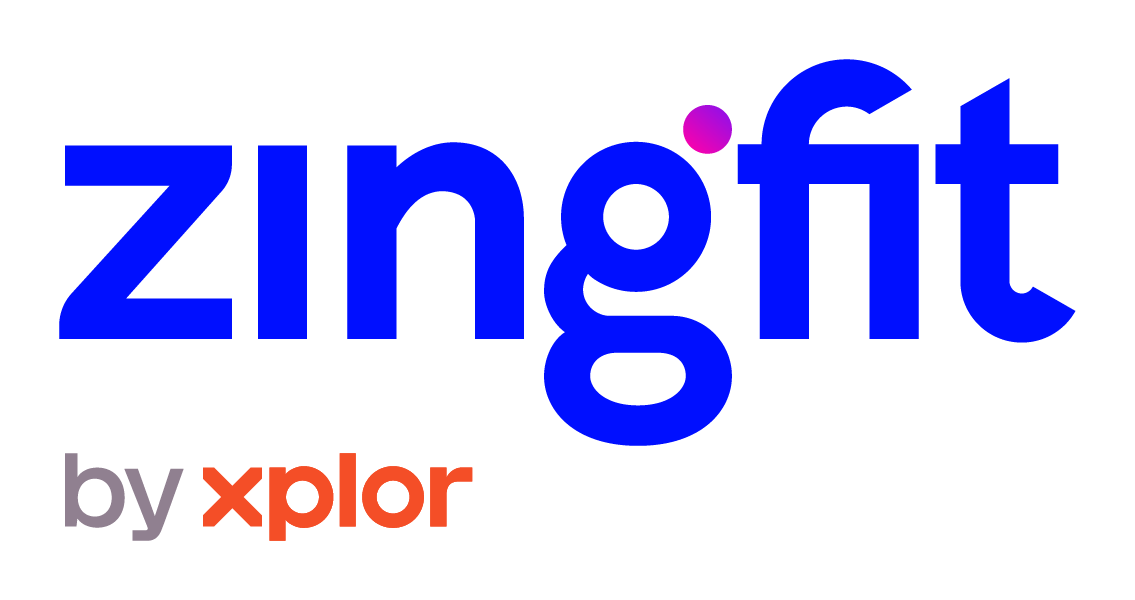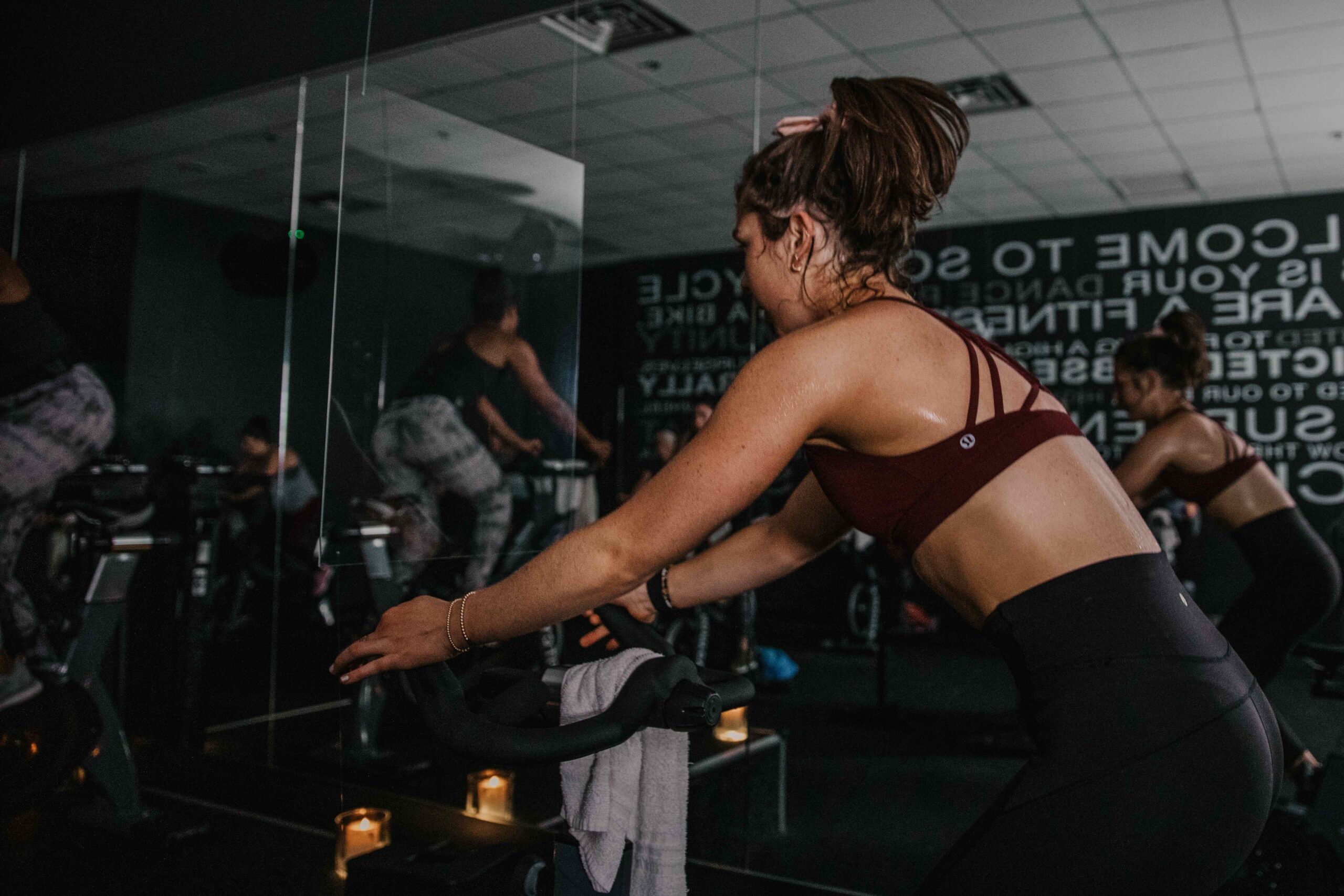Being an online studio owner entails more than just teaching classes and managing instructors. It also requires an understanding of the operational and legal aspects of owning a business. Cory Sterling, founder of Conscious Counsel, a remote law firm specializing in the unique legal needs of wellness professionals, recently hosted a webinar with us about the legal needs of online studio owners. He discussed some of the common legal issues that online fitness professionals face, and the legal documents/licenses that can help your business thrive.

Keep reading to find 6 of the legal documents you should have in place for your boutique fitness business, as well as how being on top of your business’s legal affairs can help you succeed.
6 types of legal documents that can help your business
- Media release: A media release is necessary if your studio offers classes that are saved as evergreen content on a digital library. You’ll have your employees or contractors sign a media release giving you ownership of the intellectual property (e.g. videos, photos, audio, likeness, etc.) that you create together.
If you don’t clarify in writing that you own the intellectual property, your employee/contractor could be entitled to some of the ongoing revenues that the content generates. You could be spending an enormous amount of money on filming and editing and not reap the full reward for taking that risk.
- Social media disclaimer: It’s important to have language disclaiming liability and warning of possible risks for all workout-related posts on social media. As an online studio, you’re not able to control who’s seeing your content and if they’re actually following your instructions correctly. A disclaimer can help cover you if someone gets injured during one of your online workouts.
- Terms of service: A terms of service agreement is a binding contract between you and your clients. It helps you in numerous ways, including protecting your website and app from abusive users, limiting your liability, protecting your content, and allowing you to delete users if you believe they’re violating the terms of service.
- Waiver of liability: A waiver of liability is a document that someone signs which says that they revoke their right to sue you. You might think that since you’re teaching online and not in-person that you don’t need a waiver of liability. However, as facilitator or organizer of a class, whether that be online in real time or stored as evergreen content, you have what’s called duty of care to ensure that your customers are kept safe.
There are unique considerations that must be taken into account for online waivers of liability versus in-person waivers. For example, an online waiver should contain language that notes that you assume no responsibility if a client hurts themselves by using different equipment from the equipment you’re using. It should also make clear that you’re not responsible if a client uses faulty equipment or if they get hurt from pushing themselves beyond their limits.
- Music license: If you’re planning to play music in your studio, there’s a good chance you’ll need a music license. When you play music from platforms like Spotify or Apple Music, there’s a license agreement that you sign in which you agree that no transfer of ownership is taking place. Meaning that you can listen to the music but only for personal, not commercial uses. In order to avoid getting in trouble, you may want to invest in licensing music through companies like ASCAP or BMI. If you don’t want to pay to use popular songs and musicians, you can sign up for a licensing agreement through services that offer free licensed music.
- Trademark registration: A trademark is when you register a particular mark, logo, or slogan with the United States Patent and Trademark Office or the Canadian Intellectual Property Office. It helps protect your name/identifying attributes from someone else infringing on them. Trademarks are an investment in your business. You have exclusive and enforceable rights around a word or a series of words that no one else is allowed to use in the same way.
How legal knowledge can help your online business
Here are some of the benefits of staying up to date with the legal demands of your studio:
- Enhanced communication: Being proactive instead of reactive regarding your legal needs can help you avoid miscommunications or misalignments of expectations. You’ll be able to communicate openly and effectively no matter whether it’s your landlord or your clientele. Being proactive entails drawing up legal documents and having them signed before any issues arise.
- More freedom: You’ll have the freedom and security to grow your business without getting mired in unnecessary legal battles. You’ll be able to focus on increasing your revenue and offering the best services possible.
- Increased confidence: You’ll have confidence and feel empowered to take your business to the next level. You won’t feel like your lack of understanding of the law is holding you back. Having some of the key, essential agreements in place can enable you to build your business and thrive professionally.
- Sense of security: If you own a business and are planning on growing and helping more people, inevitably you will intersect with loss. Having written documents to protect yourself and your business, such as disclaimers, can set you up for success.
While performing due diligence on your legal affairs may not sound as thrilling as working with clients and running a studio, it’s a crucial part of running a successful business. Working with a lawyer who understands the specialized demands of an online fitness studio can help your business avoid conflict and expand. Sort out your documents and licenses sooner rather than later so you can focus on the aspects of your business that you truly love.
CLICK HERE to book a zingfit demo!




